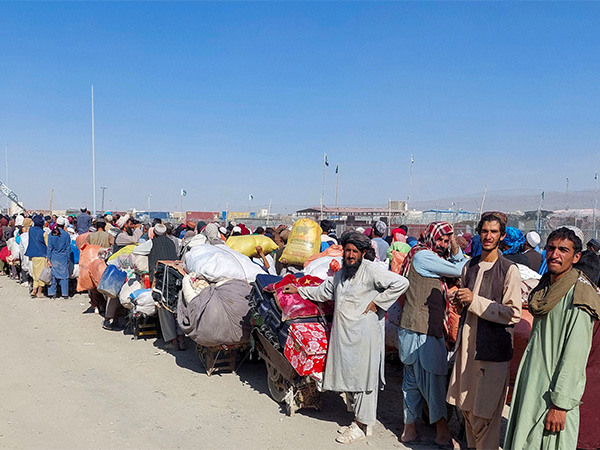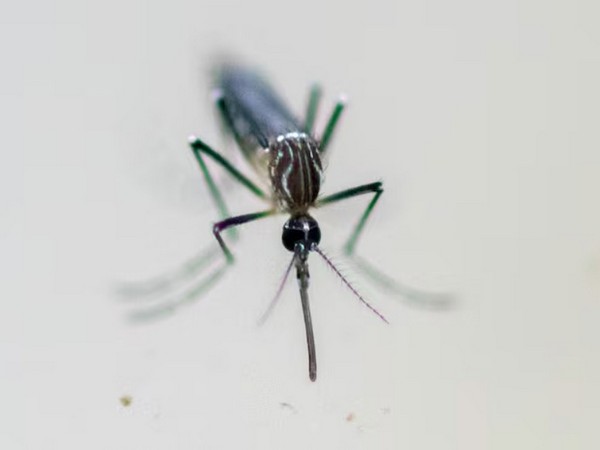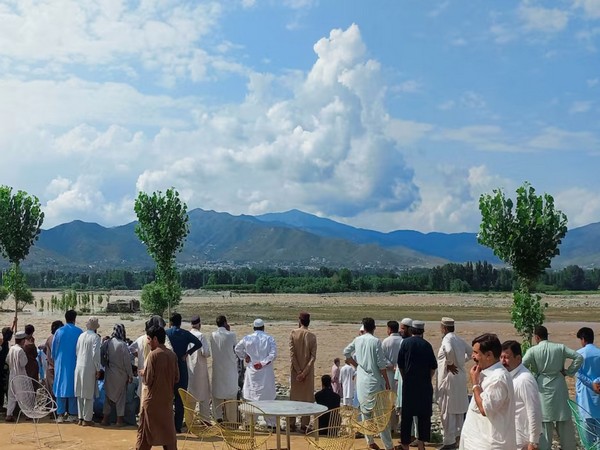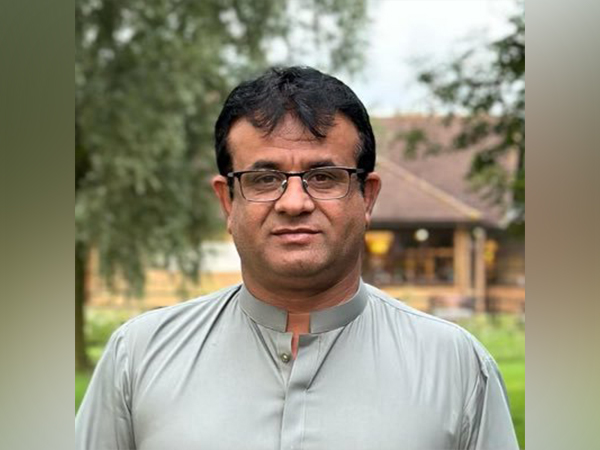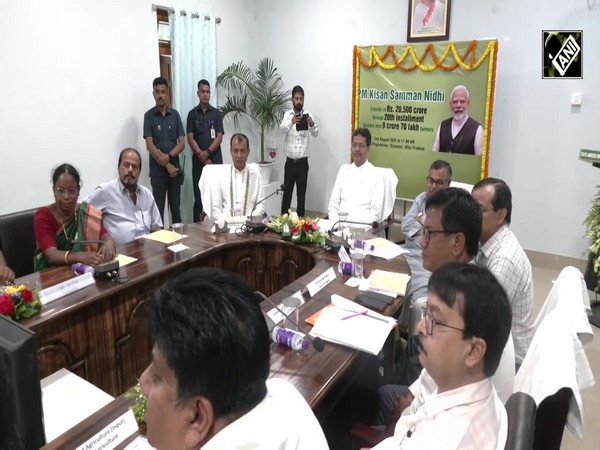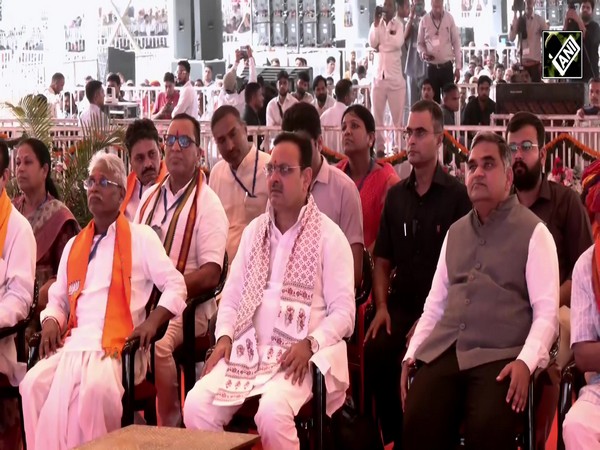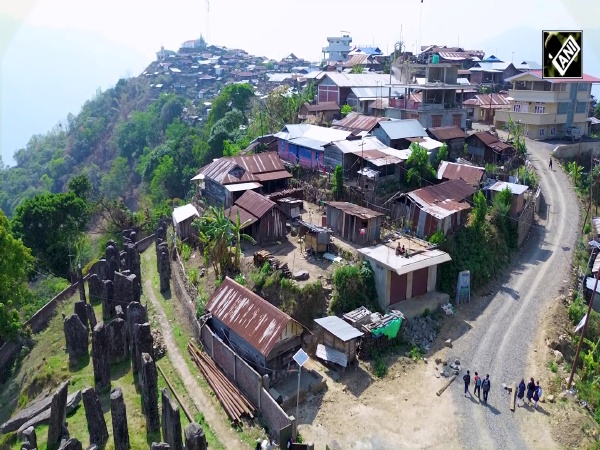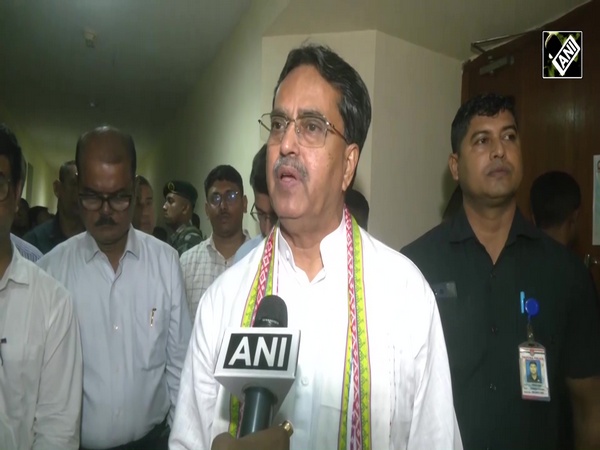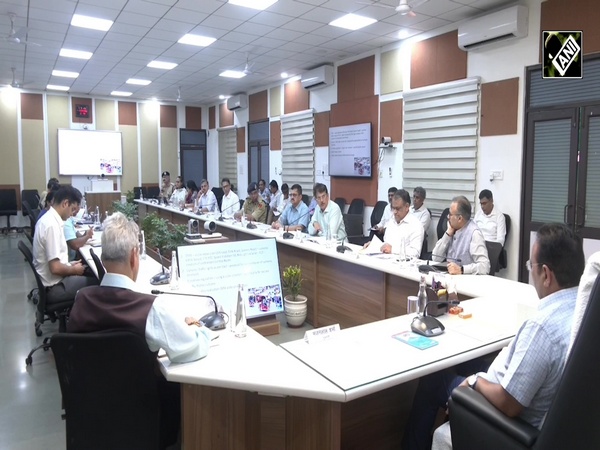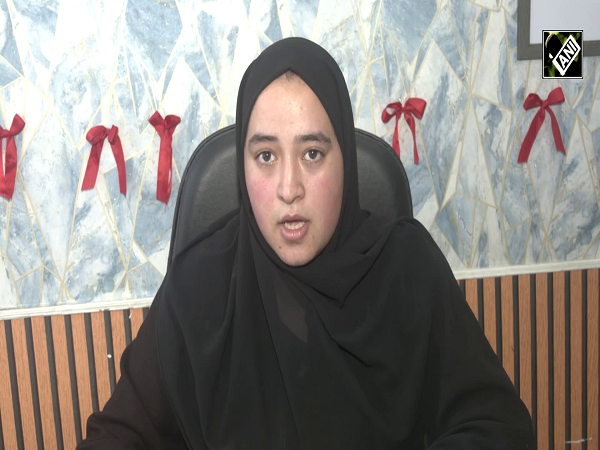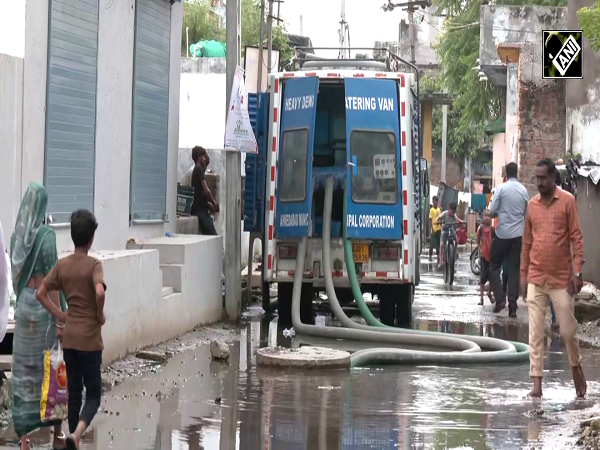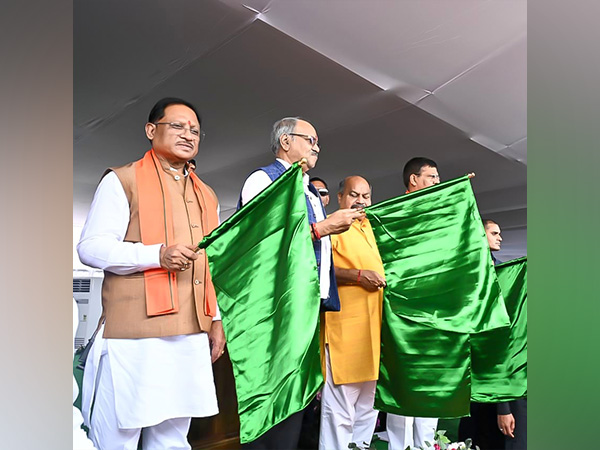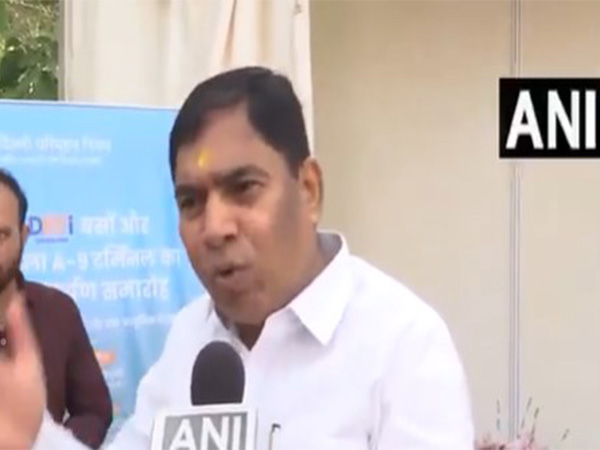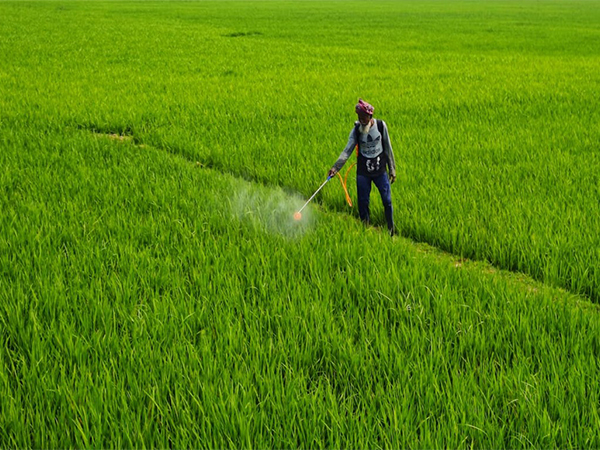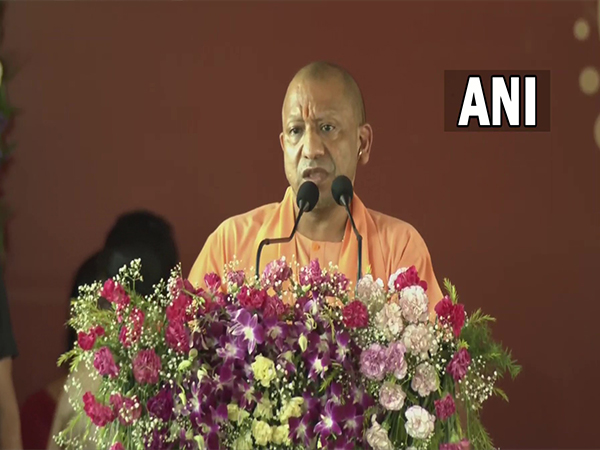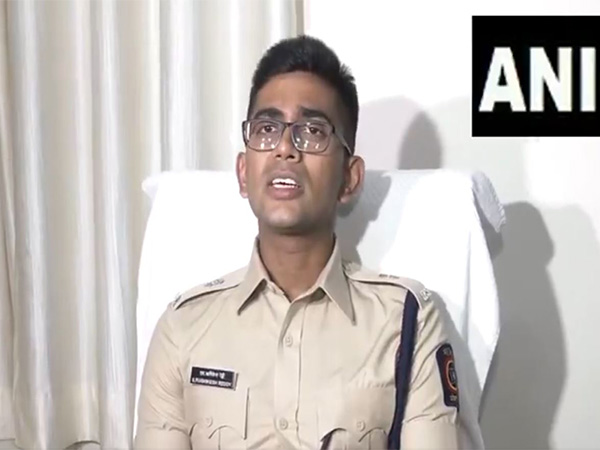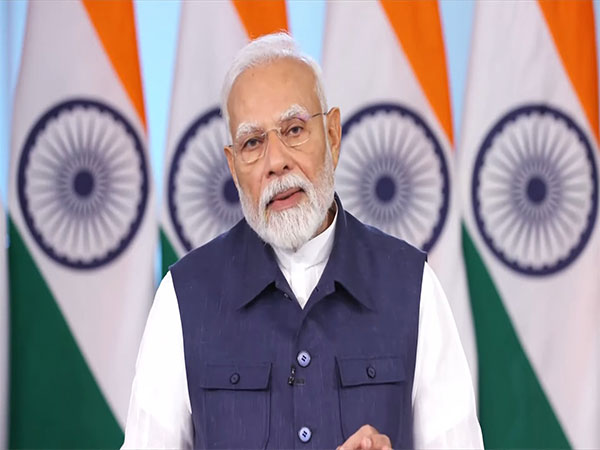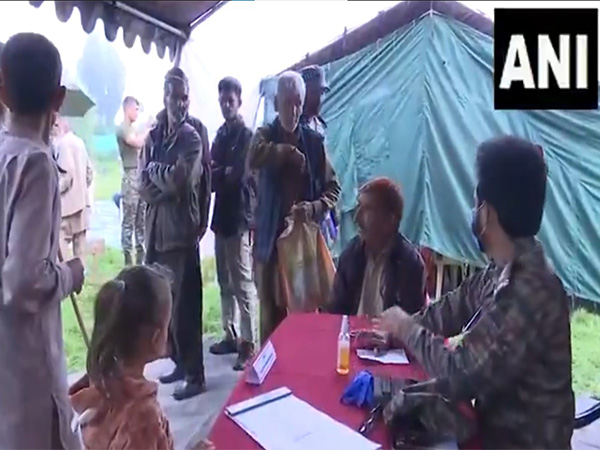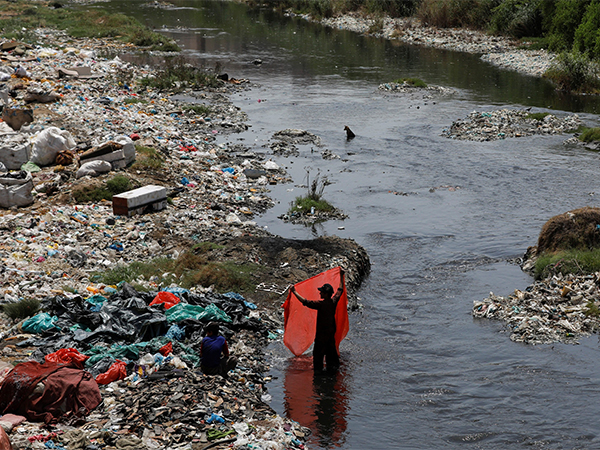
Plastics worsen Pakistan flood crisis, triggers health and climate fears: WWF
Aug 03, 2025
Islamabad [Pakistan], August 3 : Widespread monsoon rains and flooding in Pakistan have claimed over 280 lives and caused extensive damage to the economy, infrastructure, and ecosystems, further worsened by floating plastics and poor waste management, Dawn reported.
According to a press release by WWF-Pakistan marking the end of its Plastic-Free July campaign, floating plastic waste has emerged as a major threat in urban areas during the monsoon. "These plastics choked the drainage system and caused prolonged waterlogging that damaged roads, bridges, buildings and other infrastructure," WWF-Pakistan stated, as quoted by Dawn.
The organisation warned that plastic pollution also posed grave health risks, especially in areas with weak waste management systems, leading to outbreaks of waterborne diseases.
Citing a report by the Organisation for Economic Cooperation and Development (OECD), Dawn noted that global plastic production has nearly doubled from 234 million tonnes in 2000 to 460 million tonnes in 2019. WWF-Pakistan warned that if this trend continues, it would aggravate health issues, damage ecosystems, and intensify climate-related disasters.
"Plastics threatened biodiversity and created serious health hazards. They broke down into microplastics and contaminated the freshwater resources, and affected the soil fertility," said Hammad Naqi Khan, Director General of WWF-Pakistan, in a statement quoted by Dawn.
Khan further highlighted the climate impact of plastics, saying, "Plastic production significantly contributed to carbon emissions, which needed to be addressed through concerted efforts and robust waste management." He added, "A large part of the plastic waste in the upper riparian regions polluted the Indus River and further travelled downstream Kotri Barrage, reaching the Arabian Sea. This not only harms the freshwater ecosystem but also endangers coastal and marine biodiversity."
Dawn reported that WWF-Pakistan has raised alarm over microplastics found in various human organs and even in the placenta of newborn babies, citing recent studies.
"To address the challenge of plastics, WWF-Pakistan is closely working with relevant organisations and government agencies and has launched advocacy campaigns, cleanup drives, and beach cleaning activities along the Pakistan coast," the statement added.
To promote sustainable livelihoods and curb plastic waste, WWF-Pakistan has trained over 50 women in Karachi and Islamabad to upcycle hard-to-recycle multi-layered plastics (MLPs) into marketable products.
As per Dawn, the organisation has also mapped plastic leakage points along Karachi's coast and retrieved more than 2,500 tons of waste using a litter boom at the fish harbour. It has established Plastic Recovery Banks across five Karachi universities with segregated bins and educational materials to promote waste segregation.
WWF-Pakistan has called for a nationwide ban on single-use plastics and urged citizens to adopt sustainable alternatives.
